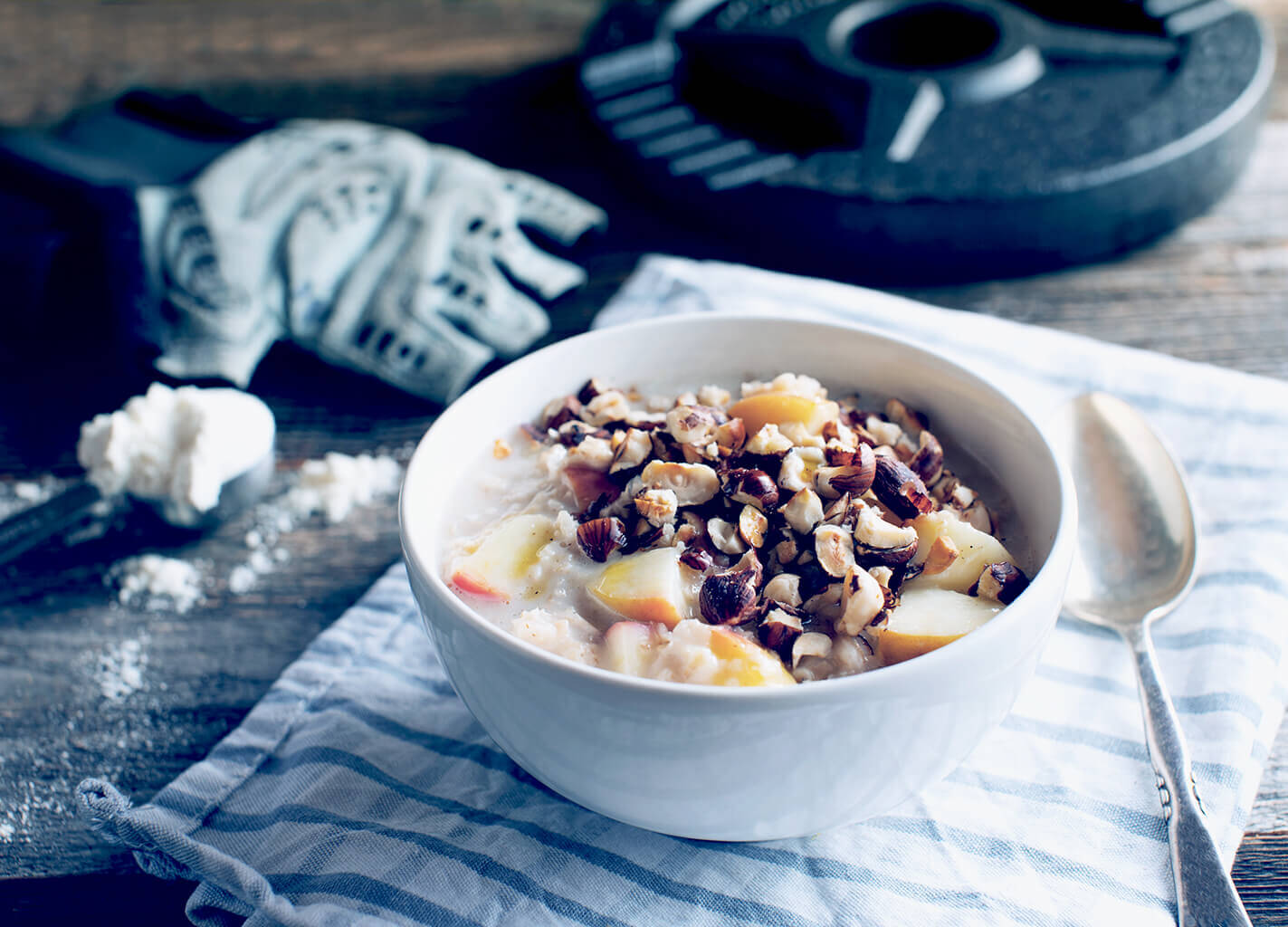When thinking of carbs and exercise performance, the modality that comes to mind is endurance exercise, not lifting weights. But what can carbs do for the average person who wants to maximize their performance in the weight room? Do carbs deserve a place in your pre-workout routine or are they something you shouldn’t really worry about?
Overview
What did they test? The authors explored the current literature on acute carbohydrate feeding and its effect on resistance training performance.
What did they find? Ingesting carbs had a positive effect on total volume completed for sessions lasting longer than 45 minutes and when people had been fasting for over 8 hours.
What does it mean for you? Consuming carbs pre-workout is advisable if you train first thing in the morning or after a period of fasting for over 8 hours. Additionally, carbs pre-workout may help you complete more training volume if your sessions take longer than 45 minutes.
What’s the Problem?
As you may already know, carbohydrates, or carbs for short, are the body’s main energy source and the one of the main contributors of energy when exercise intensity is moderate to high 1 and they’re stored in the liver and skeletal muscle as glycogen. As we briefly discussed in the Keto article of Issue 7, carbs have historically wrongly received a bad reputation from groups and individuals advocating for low-carb diets, something that has not been supported by the literature
Carbs are fine for fat loss and may enhance muscle building but what about lifting performance? Previous data shows that carbohydrate ingestion around exercise is beneficial for endurance performance when the subjects of a study are fasted, with some studies showing that even additional carbohydrate consumption may be beneficial for performance, even in a non-fasted state 2.
When lifting to increase muscle strength and muscle mass, it is not uncommon for workout intensity and duration to be relatively high, including multiple sets close or to muscular failure with sessions lasting over an hour in length. Nowadays, you often see lifters carry around bags of candy in the gym or hear the words “intra workout carbs” when discussing training.
Evidence on the effects of carbs on acute lifting performance (power, strength etc) 3 4 shows that carb ingestion does not seem to provide much benefit, although improvements have been observed when looking at lifting performance over a period of time (eg: in sessions >45 minutes in duration) 3.Other studies have shown no significant effect of carb ingestion on performance in longer sessions 5 which leaves us with the following question:
Do we need carbs before a lifting session to maximize performance? Does it matter if we’ve eaten before? Does session length affect the effectiveness of carbs for lifting? King et al. (2022) to the rescue!







